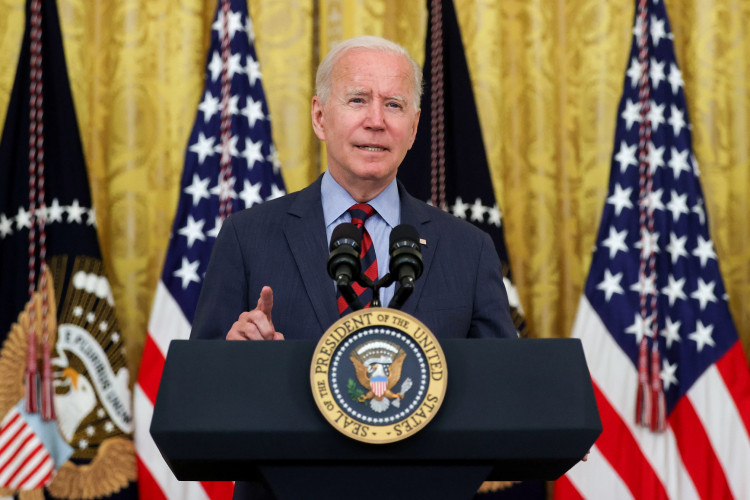President Joe Biden has commuted the sentences of 37 federal death row inmates, converting their punishment to life imprisonment without parole. The decision, announced on Monday, represents a pivotal moment in Biden's presidency and underscores his commitment to abolishing the federal death penalty.
The clemency order spares nearly all federal death row inmates except for three convicted of terrorism or hate-driven mass murders: Dzhokhar Tsarnaev, responsible for the 2013 Boston Marathon bombing; Dylann Roof, who killed nine Black worshippers in a Charleston church in 2015; and Robert Bowers, who murdered 11 congregants at Pittsburgh's Tree of Life Synagogue in 2018.
"Make no mistake: I condemn these murderers, grieve for the victims of their despicable acts, and ache for all the families who have suffered unimaginable and irreparable loss," Biden said in a statement. "But guided by my conscience and my experience... I am more convinced than ever that we must stop the use of the death penalty at the federal level."
Biden's decision follows sustained pressure from human rights advocates and former corrections officials. Last year, 28 former federal prison staff urged the president to halt federal executions, citing the emotional toll on those tasked with carrying them out. Justin Jones, former Director of the Oklahoma Department of Corrections, praised Biden's move as "courageous" and said it sends a "strong message" to state leaders about the death penalty's flaws.
The decision marks a stark reversal for Biden, who championed a 1994 crime bill as a senator that expanded the federal death penalty to include 60 offenses. That legislation has since been criticized for its role in mass incarceration, disproportionately affecting Black men. Robin Maher, Executive Director of the Death Penalty Information Center, noted that 38% of federal death row inmates are Black, and nearly a quarter were 21 or younger when they committed their crimes.
During his 2020 presidential campaign, Biden pledged to eliminate capital punishment at the federal level, citing concerns about racial bias and wrongful convictions. Upon taking office in 2021, his administration imposed a moratorium on federal executions. Monday's commutations ensure that the next administration cannot resume executions for these individuals.
Among those spared are Len Davis, a former New Orleans police officer who orchestrated a murder to cover up police misconduct, and Norris Holder, convicted in a bank robbery that resulted in the death of a security guard. Madeline Cohen, Holder's attorney, described many of the commuted cases as products of an "overzealous tough-on-crime era" and noted the lessons learned since then.
Others on the list include drug kingpin Kaboni Savage, convicted of orchestrating 12 murders, and Alejandro Umana, a gang member who killed two brothers in a restaurant. The crimes committed by those whose sentences were commuted range from contract killings and witness murders to crimes against children and law enforcement officers.
The decision has drawn mixed reactions. Bryan Stevenson, founder of the Equal Justice Initiative, lauded the action as a significant step toward justice reform, emphasizing that the death penalty often fails to ensure public safety. Conversely, critics argue that the commutations may disregard the gravity of the inmates' crimes and the pain endured by victims' families.
Notably, Biden has outpaced recent presidents in granting clemency. Earlier this month, he commuted sentences for nearly 1,500 inmates and issued pardons for 40 individuals, including his son, Hunter Biden-a move that sparked political controversy.






